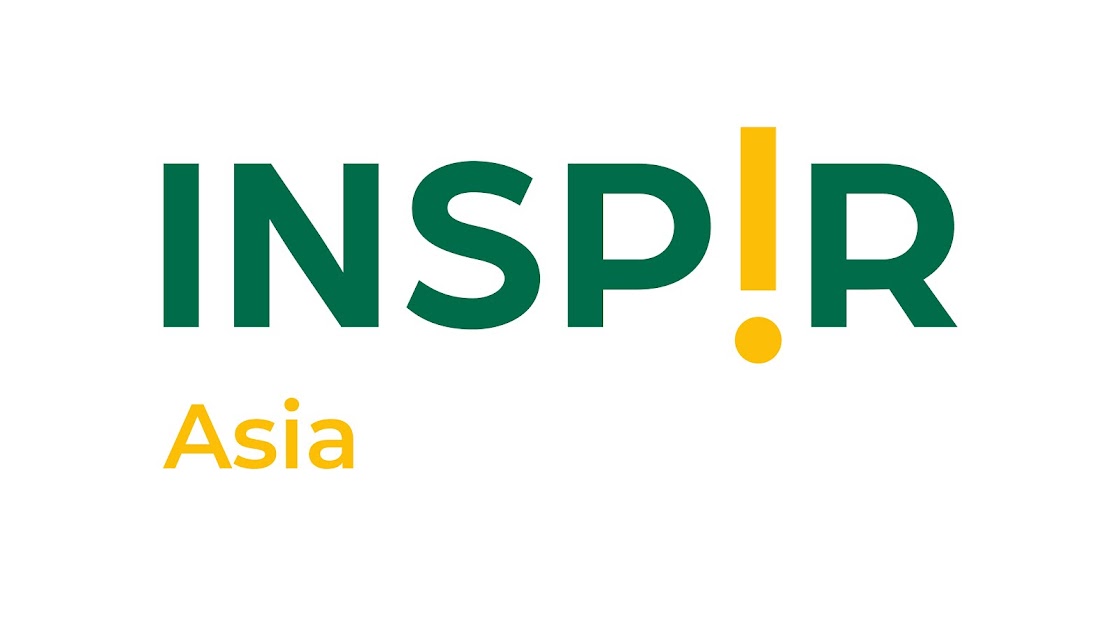Recruitment Advisor is a global recruitment and employment review platform offering easy access to information about recruitment agencies and workers' rights when looking for a job abroad.
Recruitment Advisor is developed by the International Trade Union Confederation together with its affiliates and partners national trade union centres from Indonesia, Malaysia, Nepal and the Philippines that also act as coordination teams.
Working with trade unions and migrant rights organisations in each country, the teams reach out to people to raise awareness of workers' rights and fair recruitment based on the national legislations and the I LO General Principles and Operational Guidelines for Fair Recruitment and encourage people to share and learn about recruitment experiences through Recruitment Advisor.
The best advisors are other workers with experience.
1. Check the rating of recruitment agencies based on worker reviews.
2. Check your rights where you will work .
3. Ask for assistance when your rights have been violated.
While expecting the birth of the platform early next year, here is an update from Nepal. The team in Nepal have done several outreach activities to the migrant workers to promote Recruitment Advisor and to collect reviews not only in Nepal but in some countries of destination like Qatar, Malaysia, and Kuwait. Beside that, the team has also familiarized different stakeholders with Recruitment Advisor in several events such as International Migrant Day and the role of Journalist organized by People Forum on 14th December and at the meeting by National Network for Safe Migration, an umbrella organization of NGO's working on safe migration issue in Nepal. On the 18th Dec, GEFONT members has also participated in the main event of International Migrant Day celebration, organized by Government and civil society jointly.
Recruitment Advisor is developed by the International Trade Union Confederation together with its affiliates and partners national trade union centres from Indonesia, Malaysia, Nepal and the Philippines that also act as coordination teams.
Working with trade unions and migrant rights organisations in each country, the teams reach out to people to raise awareness of workers' rights and fair recruitment based on the national legislations and the I LO General Principles and Operational Guidelines for Fair Recruitment and encourage people to share and learn about recruitment experiences through Recruitment Advisor.
The best advisors are other workers with experience.
1. Check the rating of recruitment agencies based on worker reviews.
2. Check your rights where you will work .
3. Ask for assistance when your rights have been violated.
While expecting the birth of the platform early next year, here is an update from Nepal. The team in Nepal have done several outreach activities to the migrant workers to promote Recruitment Advisor and to collect reviews not only in Nepal but in some countries of destination like Qatar, Malaysia, and Kuwait. Beside that, the team has also familiarized different stakeholders with Recruitment Advisor in several events such as International Migrant Day and the role of Journalist organized by People Forum on 14th December and at the meeting by National Network for Safe Migration, an umbrella organization of NGO's working on safe migration issue in Nepal. On the 18th Dec, GEFONT members has also participated in the main event of International Migrant Day celebration, organized by Government and civil society jointly.




